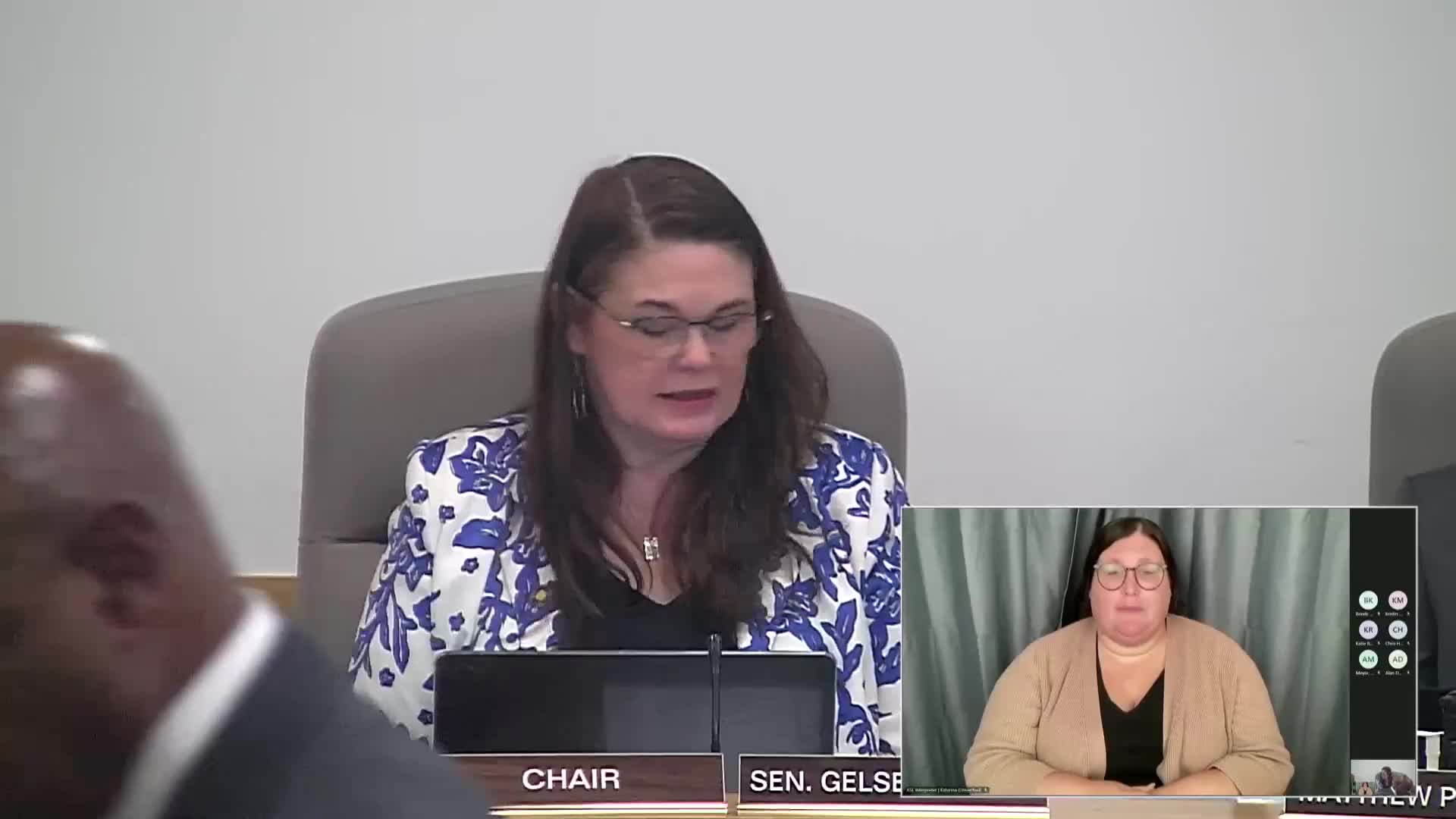Article not found
This article is no longer available. But don't worry—we've gathered other articles that discuss the same topic.
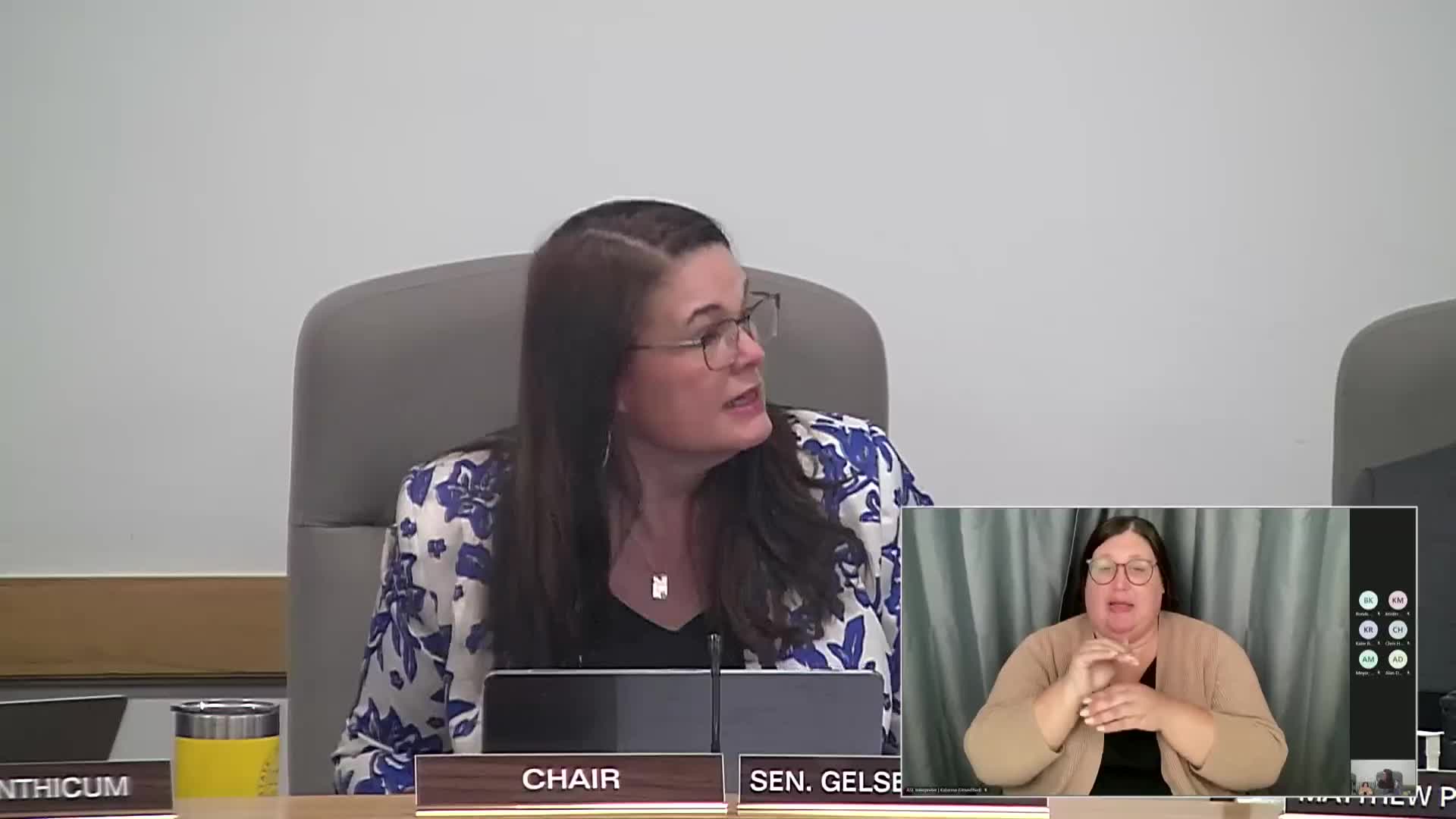
Senate committee hears bill to centralize nursing home ownership, quality and violation data online
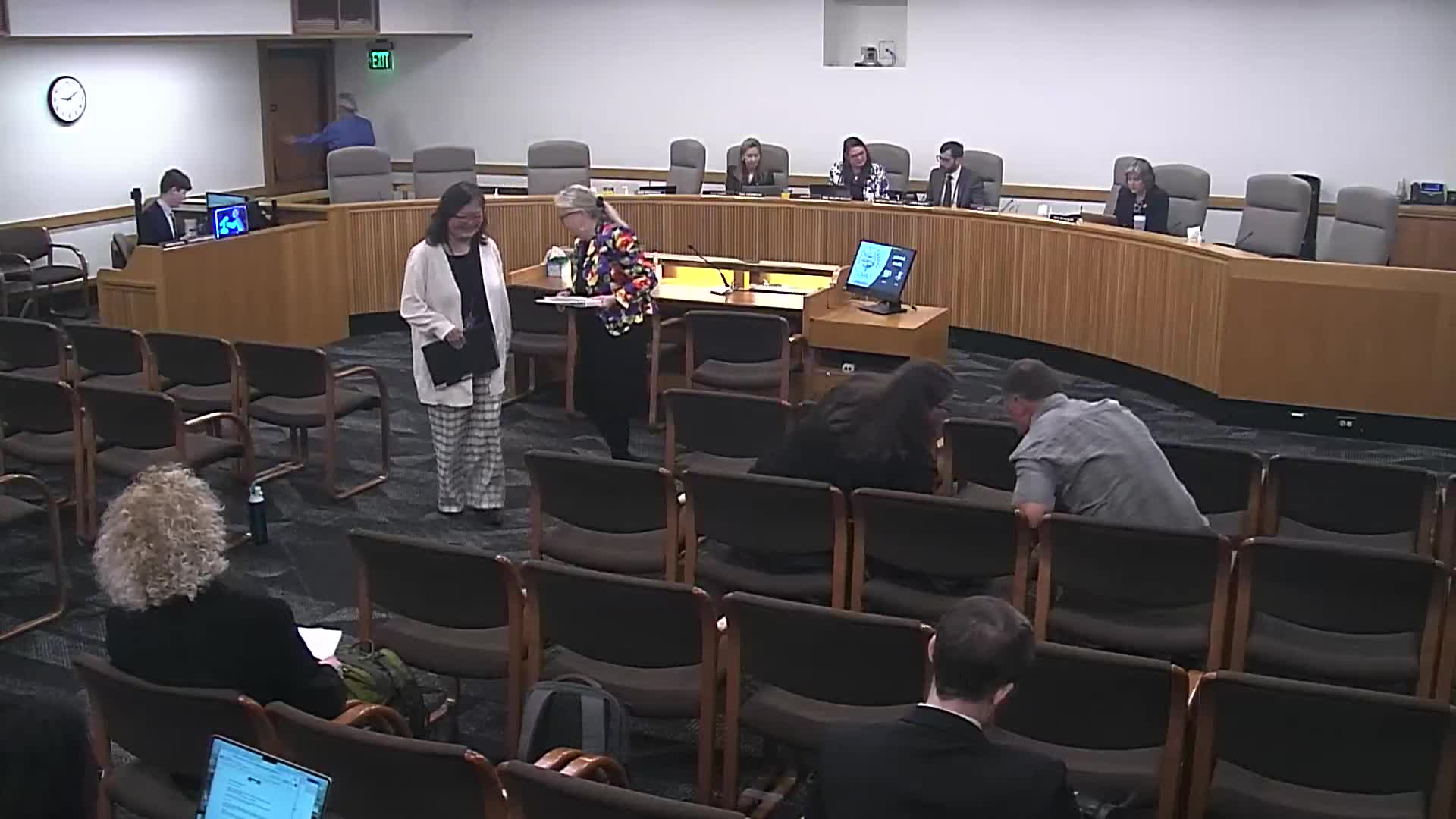
Committee hears bill to create decision-making support center to expand less-restrictive alternatives to guardianship
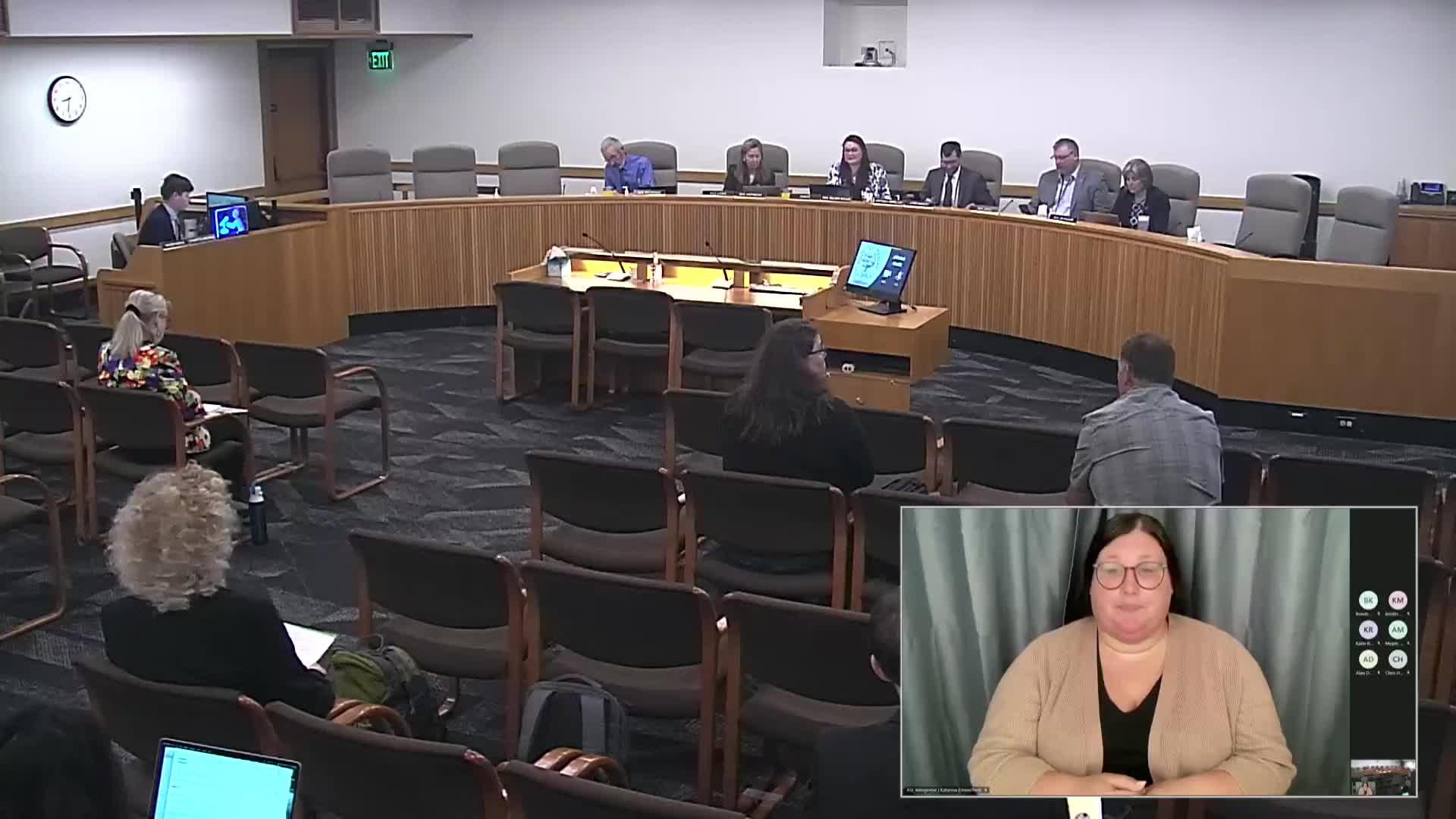
Committee opens SB 915 to require specialized investigators for certain nonparent child-abuse reports; amendment to remove youth detention language expected
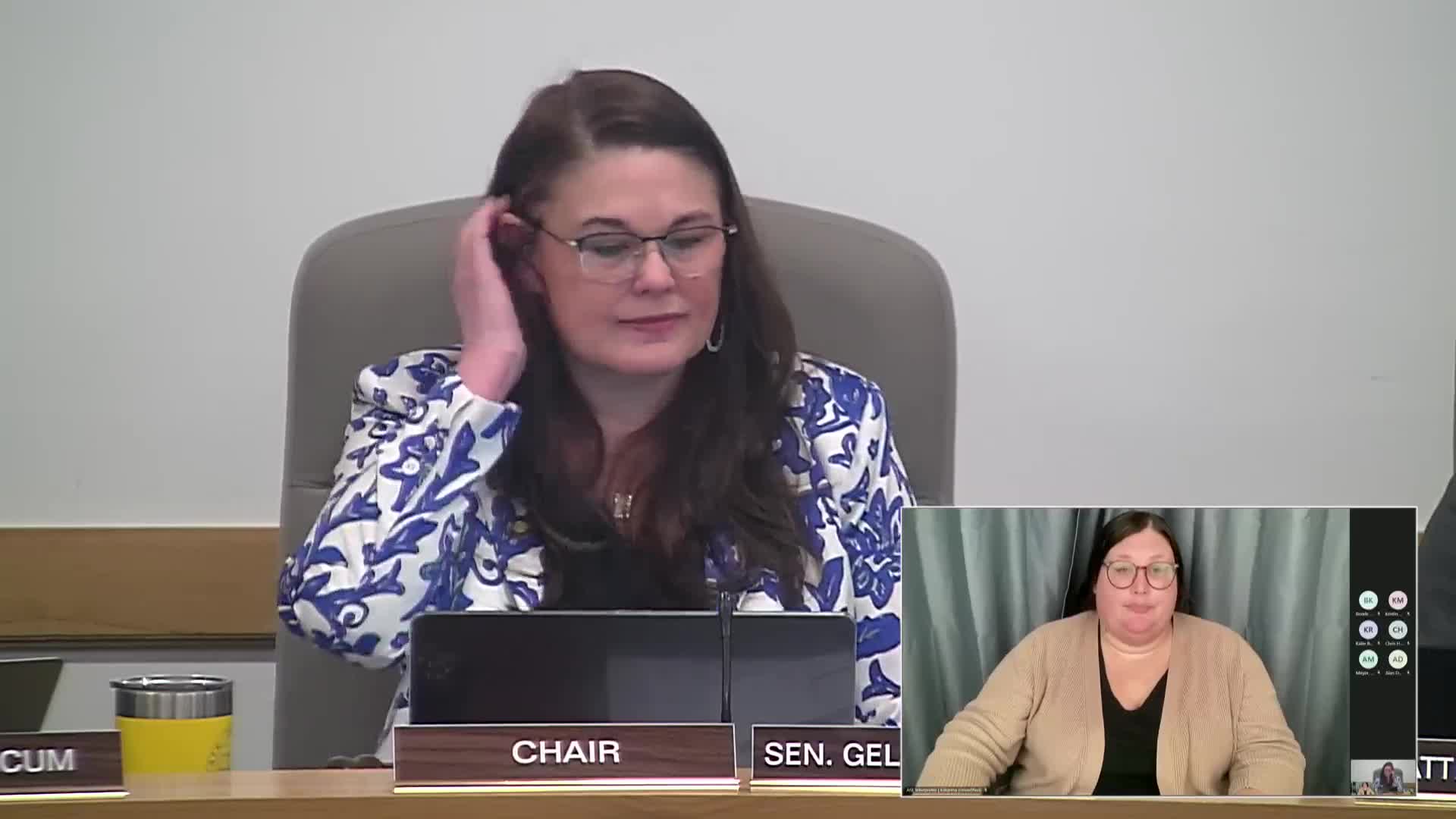
Bill would invite CASA representation to child welfare advisory bodies; network asks for permissive language and staff representation
